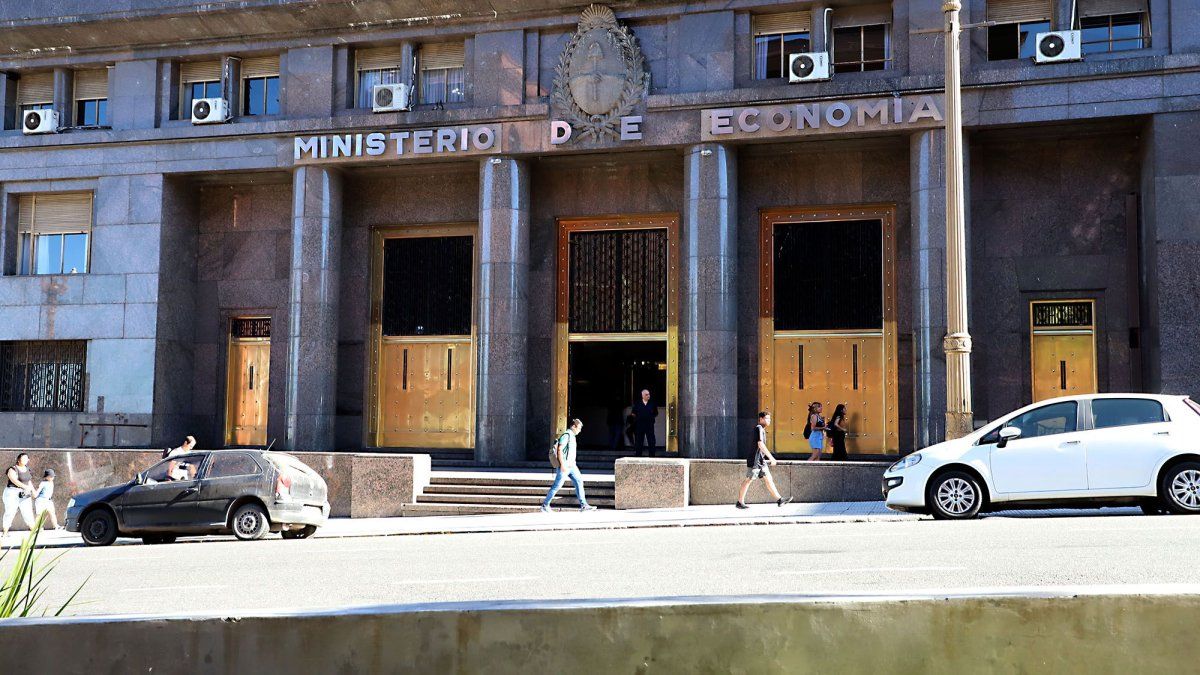To understand the measure and understand how it will be applied in the various industries that the Knowledge Economythree probable cases that would enjoy the benefits of this policy are explained below:
1- One foreign audiovisual production company is going to invest US$ 4 million in Argentina to shoot three series. To obtain the benefits, you have to register your investment projects in the Regime for the Promotion of Investments for Exports of Activities of the Knowledge Economy -created by the Secretariat for this purpose- and you have to demonstrate that the resources that will enter the country will be allocated to infrastructure, capital goods or working capital.
Once the projects are approved, the production company enters and settles 80% of the resources in the Free Exchange Market (MLC). Meanwhile, you can freely dispose of the remaining 20% -which in this case would represent US$800,000- to allocate them to the payment of capital and interest on commercial or financial liabilities abroad, to the payment of profits and dividends corresponding to closed balances and audited, to the repatriation of foreign currency of non-residents or to the investments reached by the Regime.
Knowledge Economy (2).jpg
2- One national company of Industry 4.0 and Software that exports goods and services to Chile and Brazil, if it is registered in the Regime for the Promotion of the Knowledge Economy (RPEC), it can access the new benefit of the free availability of 30% of the foreign currency that enters the country for incremental exports. Those dollars can be used to pay salaries and, thus, improve the working conditions of Argentine workers and prevent the flight of talent abroad.
3- One company that provides professional accounting services abroad -also registered in the RPEC- receives a monthly tax credit bonus on employer charges as a benefit to reduce obligations such as VAT, Income Tax or Gross Income. But since this company only provides services abroad, it does not have such tax responsibilities and, on the contrary, is obliged to pay the 2% audit fee and the contribution to the Trust Fund for the Promotion of the Knowledge Economy (FONPEC) on a bonus that you do not use. With the new measures in place, that firm can now sell and transfer the one-time tax credit bond to any company that requires that tax relief and earn income from trading it.
The benefits of the free availability of 30% of incremental exports and the transfer of the tax credit bonus are added to the tax incentives offered by the Knowledge Economy Law. Meanwhile, companies that want to access the free availability of 20% of their investments must adhere to the new Regime. They will have time to do so until June 30, 2023 and they have 24 months to carry out the investments from the approval of the project, extendable for two years.
Source: Ambito
David William is a talented author who has made a name for himself in the world of writing. He is a professional author who writes on a wide range of topics, from general interest to opinion news. David is currently working as a writer at 24 hours worlds where he brings his unique perspective and in-depth research to his articles, making them both informative and engaging.




